Mosquitoes can be quite a problem in Bangkok, especially during the rainy season, as these pesky insects breed in stagnant water. They can also carry diseases – there are dengue fever outbreaks in Bangkok every year. Infants and young children can be especially bothered by bites, which can swell into large itchy patches. Below are some tips on dealing with mosquitoes, especially when it comes to kids:
Cover up
Even though the weather may be warm, put protective clothing on your child, especially his or her feet and lower legs. Mosquitoes generally fly along the ground and most bites will occur on the exposed lower extremities. We know that can sometimes be a pain for parents as kids generally don’t want to wear long pants in hot weather especially during the day so if your little one is throwing a tantrum give them the choice, cover-up or spray-up!
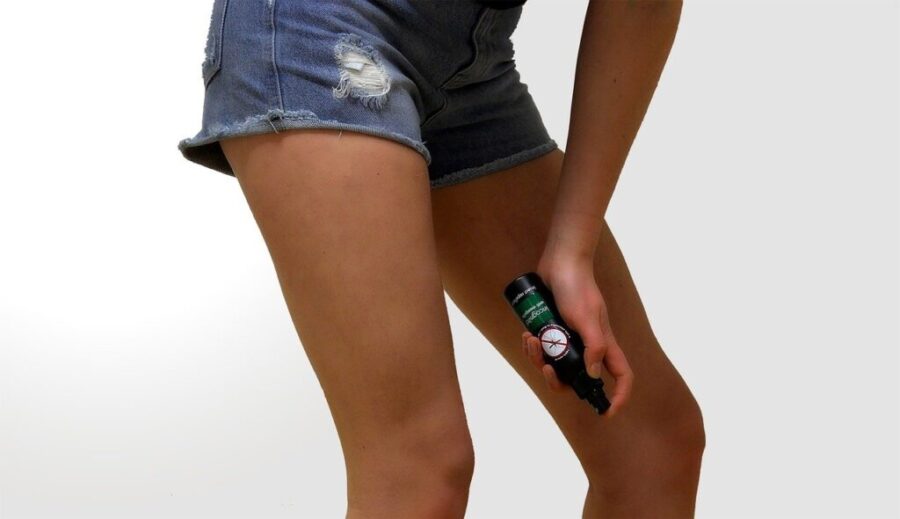
It’s definitely easier to dress the kids in longer dresses or trousers in the evenings and wherever possible try to keep the clothing in light colours; studies show that some varieties of mosquitoes are attracted to dark colours. Also, parents should avoid perfumes, colognes and heavily scented lotions, which can also attract these tiny predators.
Use Repellent
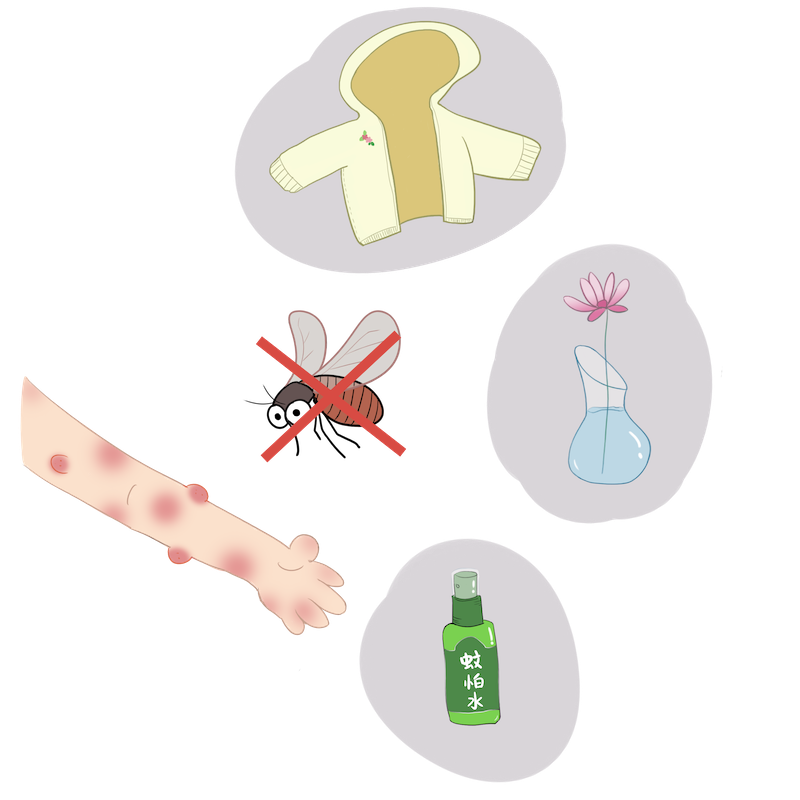
Apply mosquito repellent on exposed extremities, or lightly spray repellent directly onto your baby’s clothing each time you leave the house. There are a number of natural alternatives to repellents that contain DEET; these are generally made with citronella and lemongrass oil, and come in spray, stick and patch form. Such products can be found at select drug stores and specialty baby boutiques around the city.
Stop the itch. If you or your kids happen to get bitten, apply medicated ointments, such as Zam-Buk or Tiger Balm, to reduce swelling. Imported anti-itch creams specifically for tots are also available at specialty baby boutiques. Some BKK parents have recommended placing a ‘warmed’ spoon on the bite to reduce swelling.
Natural Mosquito Repellents
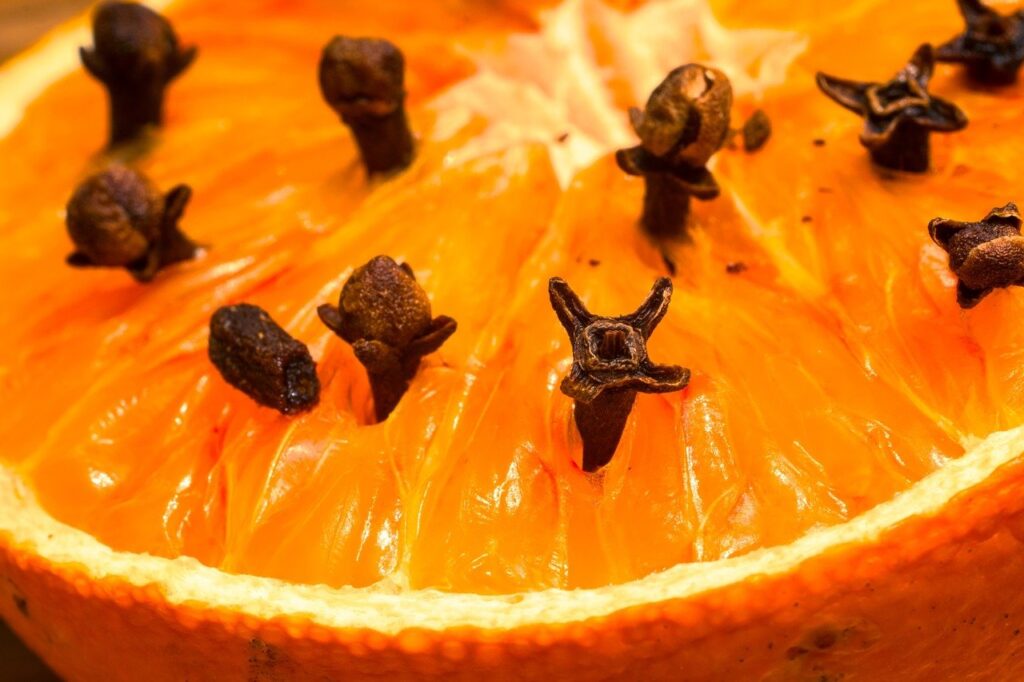
Ever wondered why is some SE Asian homes you will see oranges peppered with cloves around the house? Oil derived from sweet orange peel has a 90 to 95 percent content of limonene, which is lethal to fleas, fire ants and flies. Limonene affects insects on contact, effectively suffocating them by damaging their respiratory systems. … Placing bits of orange peel or zest around the garden repels flies and mosquitoes.
If you don’t feel comfortable with over the counter repellents, there are many more natural ways to repel those pesky insects.
- Oil of lemon eucalyptus can be very effective and is safe. It shouldn’t be used on children under 3 years old, however — it’s not well-studied enough.
- Garlic oil rubbed onto the skin has proven to be effective in some studies. Some people swear garlic works and swallow slivered garlic to ward off these summer pests. Others take garlic tablets or rub garlic juice directly on their skin.
- Many people claim that rubbing apple cider vinegar on your skin helps to repel insects. If you take in enough apple cider vinegar by putting it on foods you eat, you’ll develop a body odor that will repel insects, including black flies.
Take Steps to Protect Your Family
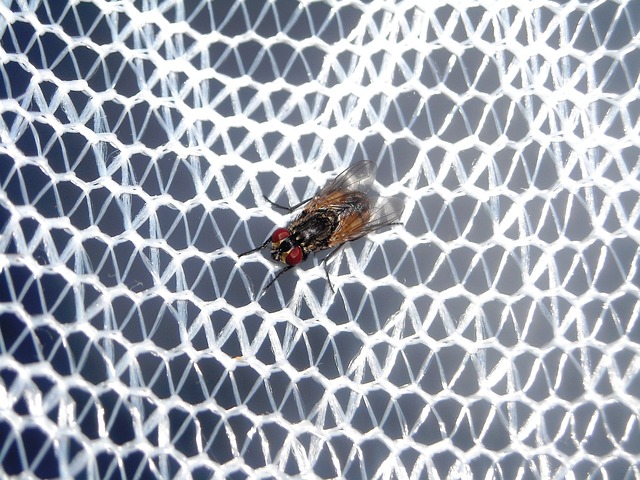
- Get store-bought mosquito netting to protect your newborn in the car seat, stroller, or other outdoor areas. Inside the house, use the netting over your baby’s crib while he or she sleeps. Many companies make pre-made crib nets which fit snugly over any crib or play pen, these are highly recommended in Bangkok and available in most department stores.
- Use an electric fan when sitting outdoors in the evenings, as mosquitoes don’t like moving air. The wind helps reduce the chance of mosquitoes coming near your children, while also cooling them off.
- Minimize kids’ exposure to prime mosquito breeding grounds, such as areas with dense vegetation and stagnant water. In your garden, cover standing water in the urns, and empty out children’s water toys, buckets and inflatable pools. For those who have ponds with aquatic plants, add small fish to eat mosquito larvae.
- Do some basic home prevention, such as installing or repairingbroken window screens – mosquitoes can always find a way into your house if you’re not careful. Avoid toxic mosquito coils and insecticide sprays. Instead, have an electronic lamp or racket, available from superstores, on hand to zap unwanted visitors.
Stop the itch. If you or your kids happen to get bitten, apply medicated ointments, such as Zam-Buk or Tiger Balm, to reduce swelling. Imported anti-itch creams specifically for tots are also available at specialty baby boutiques. Some BKK parents have recommended placing a ‘warmed’ spoon on the bite to reduce swelling.
Know The Basics
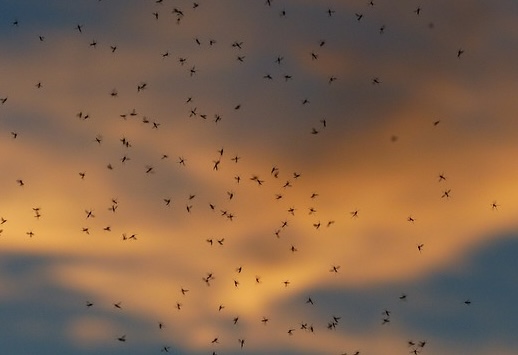
It’s not all mosquitoes that feed on blood; male mosquitoes only drink nectar. Why do the females bite? They are nourishing their developing eggs with protein-rich blood. To that end, the female mosquitoes prefer to bite ankles and wrists, where blood vessels are nearer to the skin’s surface. Ever noticed where you get bitten?
Know the basics on dengue fever. The disease (‘kai ruat ork’ in Thai) is carried by the Aedes aegypti mosquito (‘yung lai’), which is most active during the daytime. Unlike other species, it does not travel far from its breeding place; as such, dengue outbreaks tend to occur in localised areas. Symptoms, appearing between five and seven days after being bitten, include headaches, high fever, bone aches, joint and muscle pain, nausea and vomiting, and small red spots that appear on the skin a few days after the onset of fever.
Seek medical help immediately, if any of the above symptoms appear. Dengue fever is often mistaken for malaria or influenza; the indication of dengue can be inferred by a blood test. While there is no specific treatment, recovery will take time, with fatigue sometimes lasting several weeks.
Our TOP TIP be proactive rather than reactive!














